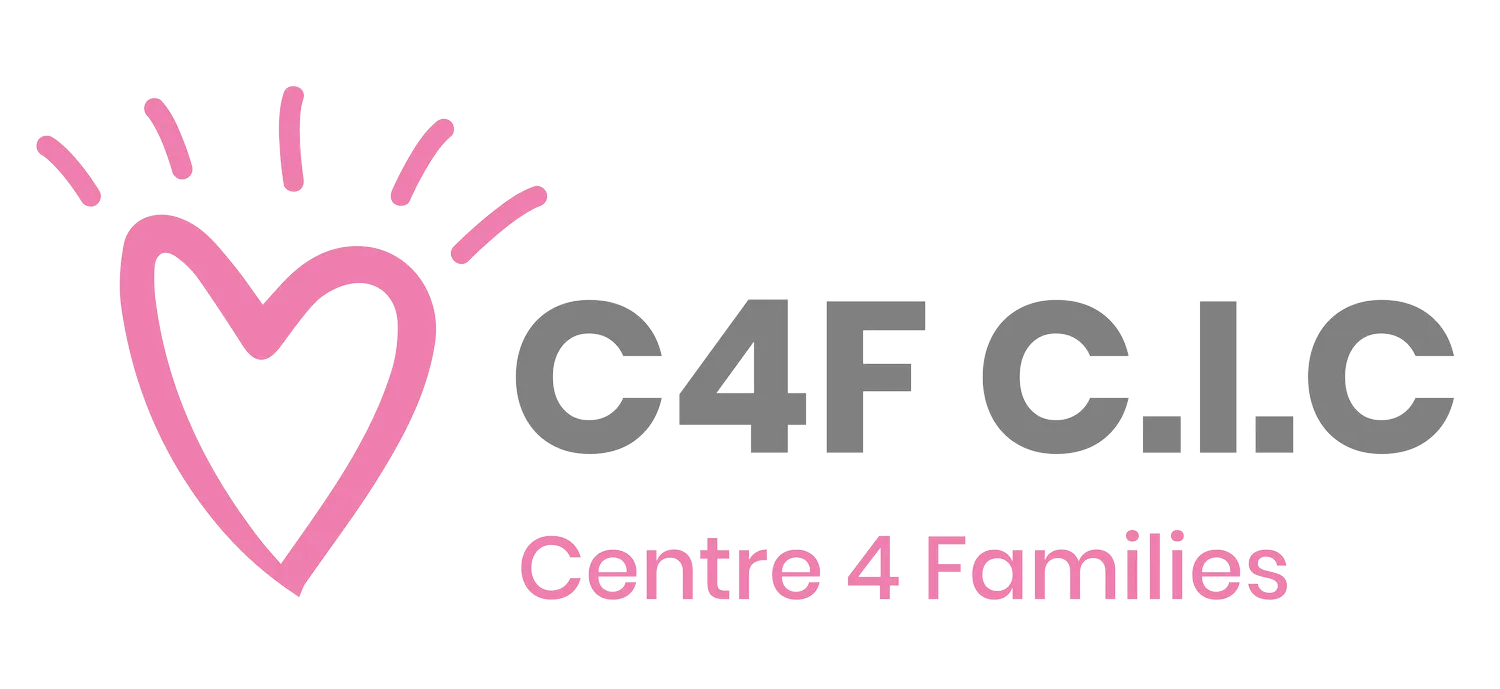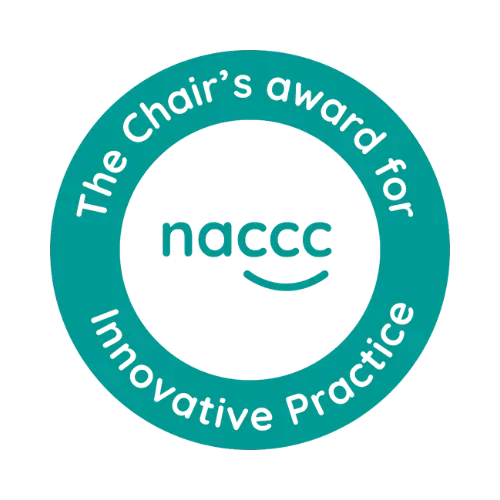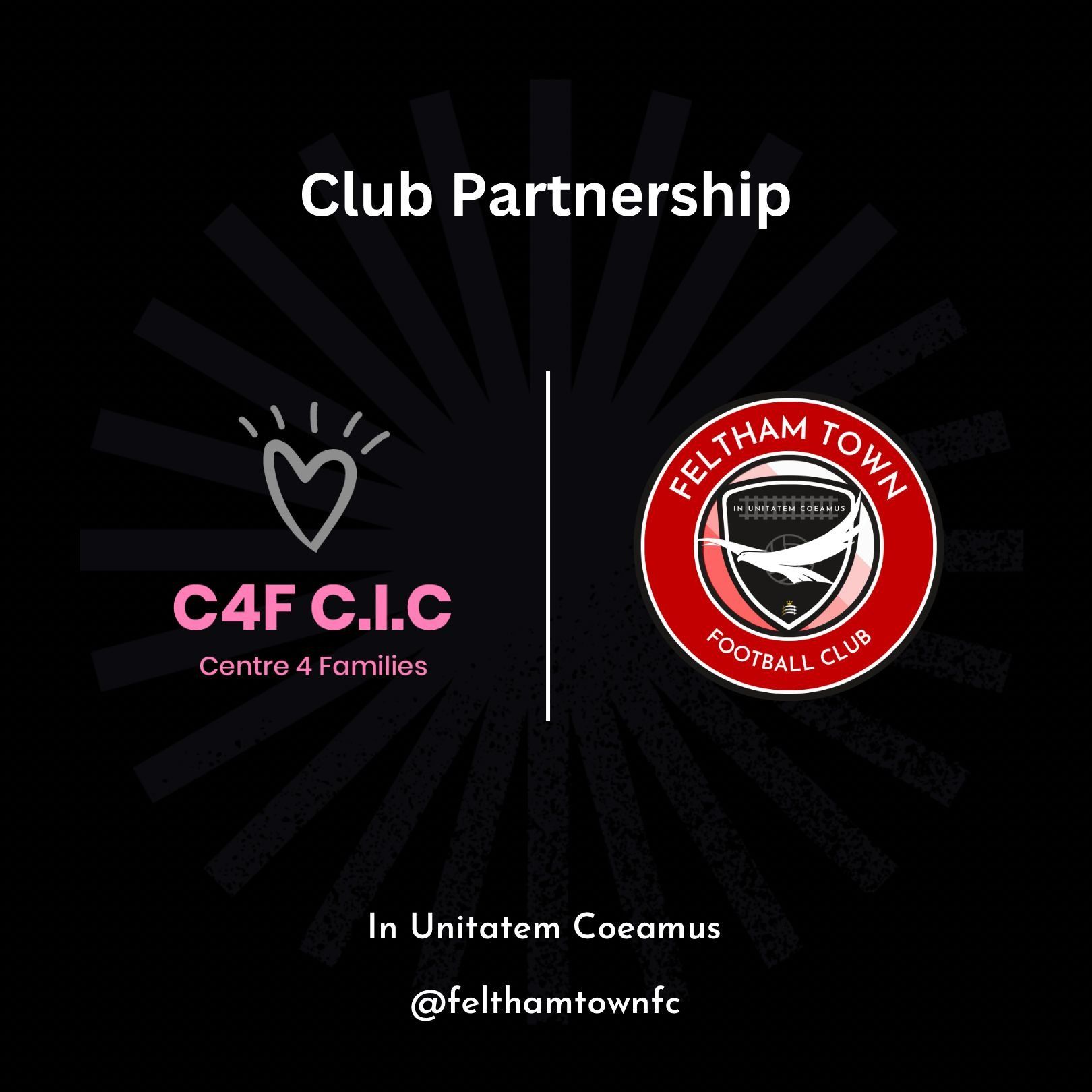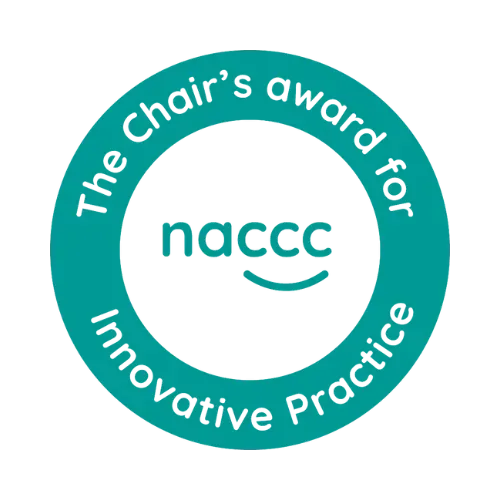Supervised Contact
When families are unable to spend time together without additional support, Supervised Contact offers a safe, structured, and reassuring way for children and parents to connect.

Supervised Contact
Supervised contact means that a trained member of our team is present throughout the session, remaining within both sight and sound.
Their role is to ensure that the session is safe, to support the child’s wellbeing, and to observe and record what takes place. This careful balance of safety and support allows children to spend meaningful time with their parent, even in challenging circumstances.


Why Supervised Contact Matters
Family breakdowns, separation, and complex situations can leave children without regular contact with one of their parents. For some, supervised contact is a necessary first step in rebuilding those relationships.
Provide reassurance that children are protected and safe.
Offer parents the opportunity to spend time with their child in a secure and neutral setting.
Help courts, social workers, and other professionals see how the contact is progressing through written observations.
Allow families to start reconnecting in a way that prioritises the child’s emotional health and wellbeing.
Supervised contact can feel daunting at first, but many families find that the structured support helps reduce worry, creating a calmer environment for everyone involved.

What to Expect in a Supervised Contact Session
Every session is designed to be child-focused. Before contact begins, families are guided through the process so that both parents and children know what to expect.
Trained member of staff will remain present at all times, monitoring the session.
Staff provide gentle guidance if needed, helping to keep the session safe and positive.
Notes and observations are recorded, which may be shared with courts, social workers, or other professionals involved in the case.
Sessions are held in a welcoming, child-friendly environment with access to toys, games, and play equipment.
Our centres are designed to feel homely, not clinical, so children can relax and enjoy their time. Parents are encouraged to focus on activities, conversation, and play that strengthen their relationship with their child.
Moving Forward from Supervised Contact
Supervised contact is often a first step. Over time, and as circumstances allow, families may move on to Community Bases Supervised Contact and then Supported Contact or even independent arrangements. The aim is to help families progress at a pace that works for the child, always guided by professional recommendations and the best interests of those involved.
Our role is to provide a bridge — offering the safety, structure, and reassurance needed until families are ready to take the next step.

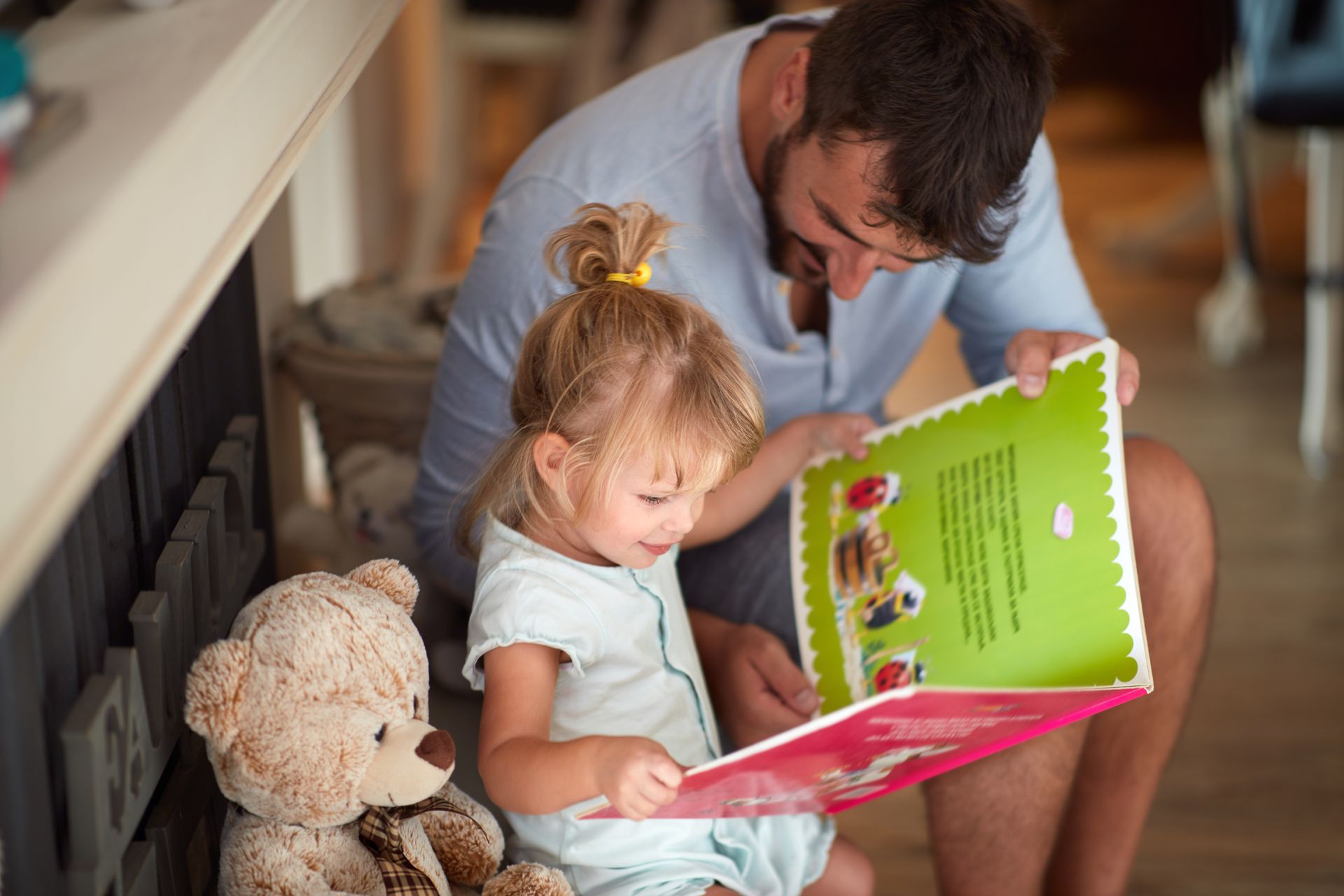
How to Arrange Supervised Contact
Families can be referred to us through:
- Local authorities and social workers
- CAFCASS and the courts
- Solicitors
- Or directly, through self-referral
- Arrange registration and assessment to understand your situation fully.
- Work with you to plan the sessions, including times, location, and expectations.
- Ensure that both parents and children feel prepared for the first meeting.
A Supportive, Safe Environment
At C4F, supervised contact is more than just observation.
It is about creating a safe, nurturing environment where children can continue to build bonds with their parents. Our experienced team understand the sensitivity of these situations and are committed to treating every family with dignity, compassion, and respect.
Supervised Contact helps families take important steps forward — together, safely, and with the child’s wellbeing at the centre.
